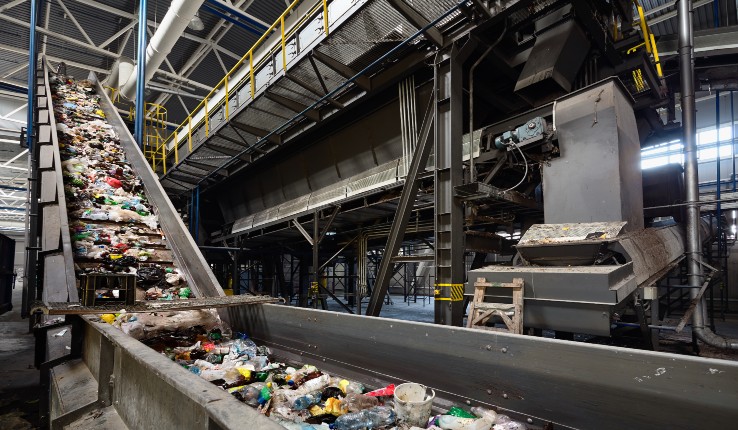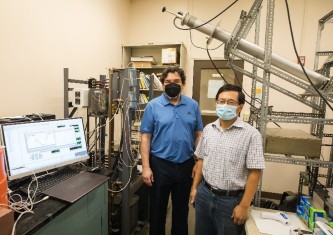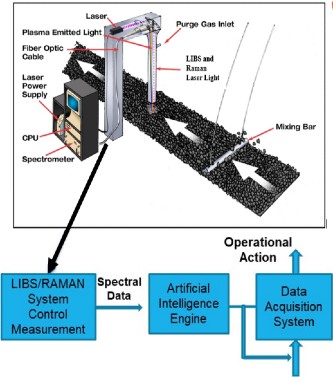According to the U.S. Environmental Protection Agency (EPA), in 2018, Americans generated 292 million tons of trash―also known as municipal solid waste (MSW)―triple the amount generated just 60 years ago.
While recycling and composting have increased, the majority of the waste produced goes into landfills, the most inexpensive option. About 12% of MSW was converted into energy by waste-to-energy plants in 2018, according to the U.S. Energy Information Administration (EIA).
“There are different ways to process trash,” says Carlos E. Romero, Principal Research Scientist and Director of the Energy Research Center at Lehigh University. “One is to take it to a landfill, another is burning it to produce electricity, and another is utilizing it as a feedstock for producing biofuels and bioproducts. However, the nature of MSW, a very heterogeneous material, with large variability in its physical, chemical and biological characteristics, poses significant challenges in optimizing MSW conversion processes.”
The Lehigh University Energy Research Center (ERC) has been awarded a new $3.5 million project by the U.S. Department of Energy (DOE) for the development of advanced technology for rapid detection and analysis of MSW streams. This project will be part of a $34 million effort from the Bioenergy Technology Office (BETO) of the Office of Energy Efficiency & Renewable Energy (EERE) to support high-impact research and development to improve and produce biofuels, biopower, and bioproducts. Lehigh will lead a team that includes the Energy Research Company (ERCo), Department of Energy’s (DOE’s) National Energy Technology Laboratory (NETL), ThermoChem Recovery International (TRI), Covanta Energy, the University of Toledo, and SpG Consulting. Lehigh participants include Dr. Carlos Romero (PI), Zheng Yao, Research Scientist at Lehigh’s Energy Research Center and Farrah Moazeni a faculty member in Lehigh’s Department of Civil & Environmental Engineering.





